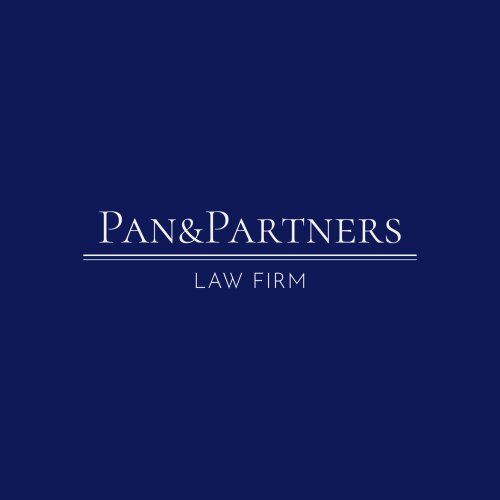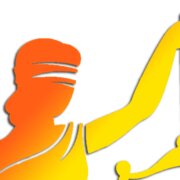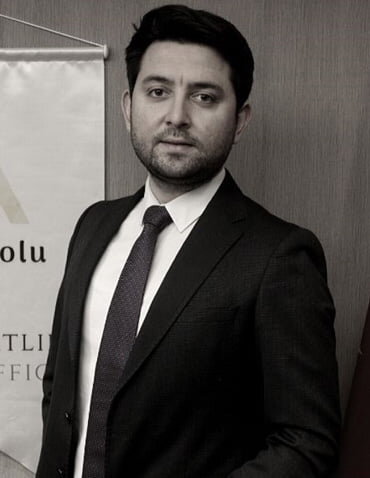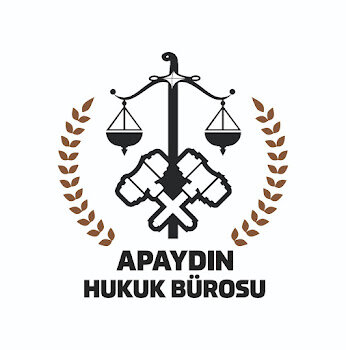Best Child Abuse Lawyers in Turkey
Share your needs with us, get contacted by law firms.
Free. Takes 2 min.
Free Guide to Hiring a Family Lawyer
Or refine your search by selecting a city:
List of the best lawyers in Turkey
About Child Abuse Law in Turkey
Child abuse remains a critical social and legal issue in Turkey, as in many countries. It encompasses various forms, including physical, emotional, sexual abuse, and neglect. Turkish laws are designed to protect children from abuse and ensure that perpetrators are held accountable. The government has made significant efforts to enhance the legal framework and support systems to prevent child abuse and provide support to victims and their families.
Why You May Need a Lawyer
There are several situations where individuals may require legal assistance related to child abuse in Turkey:
- If you suspect a child is being abused and need guidance on reporting and legal proceedings.
- As a victim or guardian seeking justice and protective measures against the abuser.
- If you are wrongly accused of child abuse and need to defend your rights in court.
- In cases where you are involved in family disputes and need advice on child custody and protective services.
- When you require assistance in understanding legal documentation and navigating the legal system related to child welfare.
Local Laws Overview
Turkey has established several laws aimed at protecting children from abuse. Key legislation includes:
- Turkish Penal Code: It criminalizes various forms of child abuse, including physical and sexual violence against minors, providing severe penalties for offenders.
- Child Protection Law: This law outlines the rights of children and the responsibilities of the state to protect those rights, providing a framework for intervention and support for abused children.
- Family Court System: These specialized courts handle cases involving child abuse, ensuring that matters are adjudicated by judges with expertise in family and child law.
Turkey is also a signatory to numerous international conventions, like the United Nations Convention on the Rights of the Child, which underscore its commitment to protecting children from abuse and exploitation.
Frequently Asked Questions
What constitutes child abuse under Turkish law?
Child abuse includes physical harm, emotional distress, sexual exploitation, and neglect. Each form is addressed with specific legal definitions and implications.
How do I report suspected child abuse in Turkey?
Suspected child abuse can be reported to local law enforcement, the nearest police station, or through emergency services by dialing 183, which is a helpline controlled by the Ministry of Family and Social Services.
What is the role of the police in child abuse cases?
The police investigate reports of child abuse and work in collaboration with social services to ensure the child's safety and gather evidence for prosecution.
Can children be removed from their homes if abuse is suspected?
Yes, if the situation is deemed harmful to the child, authorities may place the child in a safer environment, such as with a relative or in foster care, while the case is being investigated.
What support services are available for child abuse victims?
Turkey offers psychological counseling, legal assistance, and social services through various governmental and non-governmental organizations dedicated to supporting child abuse victims and their families.
Is there a statute of limitations for prosecuting child abuse cases in Turkey?
The statute of limitations can vary depending on the type and severity of the abuse, but serious cases, like sexual abuse, may have extended or no limitations.
What penalties do abusers face in Turkey?
Penalties vary depending on the severity of the abuse and other circumstances, ranging from fines to lengthy prison sentences for severe offenses like sexual assault.
How can a lawyer help in a child abuse case?
A lawyer can provide legal representation, help navigate the legal system, assist in filing reports, and advocate for protective measures for the child and family.
Can foreign nationals seek legal aid for child abuse in Turkey?
Yes, foreign nationals have the right to seek legal assistance and protection under Turkish law, with support available from consulates or specialized legal professionals.
What are the rights of parents accused of child abuse?
Accused parents have the right to legal representation and a fair trial, and they should seek professional legal advice to ensure their rights are upheld throughout the legal process.
Additional Resources
Here are some resources and organizations you can contact for help and information on child abuse cases in Turkey:
- Ministry of Family and Social Services: Provides various support services and helplines for reporting and addressing child abuse.
- The Association for the Support of Contemporary Living (ÇYDD): Offers programs to support children and families affected by domestic violence and abuse.
- Bar Associations in Turkey: Provide access to legal aid and lawyer referrals for those in need of legal advice concerning child abuse.
- UNICEF Turkey: Engages in advocacy and provides resources for child protection in Turkey.
Next Steps
If you need legal assistance concerning child abuse in Turkey, consider the following steps:
- Contact a lawyer specializing in family or child law to discuss your situation and get advice on legal options.
- Engage with local support services or NGOs for additional guidance and emotional support.
- Keep detailed records of any incidents of suspected abuse, including dates, times, and descriptions of events, to assist legal proceedings.
- If in immediate danger, contact emergency services or go to the nearest police station for assistance.
- Revisit your options regularly and stay informed about your rights and any legal changes regarding child abuse laws in Turkey.
Lawzana helps you find the best lawyers and law firms in Turkey through a curated and pre-screened list of qualified legal professionals. Our platform offers rankings and detailed profiles of attorneys and law firms, allowing you to compare based on practice areas, including Child Abuse, experience, and client feedback.
Each profile includes a description of the firm's areas of practice, client reviews, team members and partners, year of establishment, spoken languages, office locations, contact information, social media presence, and any published articles or resources. Most firms on our platform speak English and are experienced in both local and international legal matters.
Get a quote from top-rated law firms in Turkey — quickly, securely, and without unnecessary hassle.
Disclaimer:
The information provided on this page is for general informational purposes only and does not constitute legal advice. While we strive to ensure the accuracy and relevance of the content, legal information may change over time, and interpretations of the law can vary. You should always consult with a qualified legal professional for advice specific to your situation.
We disclaim all liability for actions taken or not taken based on the content of this page. If you believe any information is incorrect or outdated, please contact us, and we will review and update it where appropriate.
Browse child abuse law firms by city in Turkey
Refine your search by selecting a city.

















